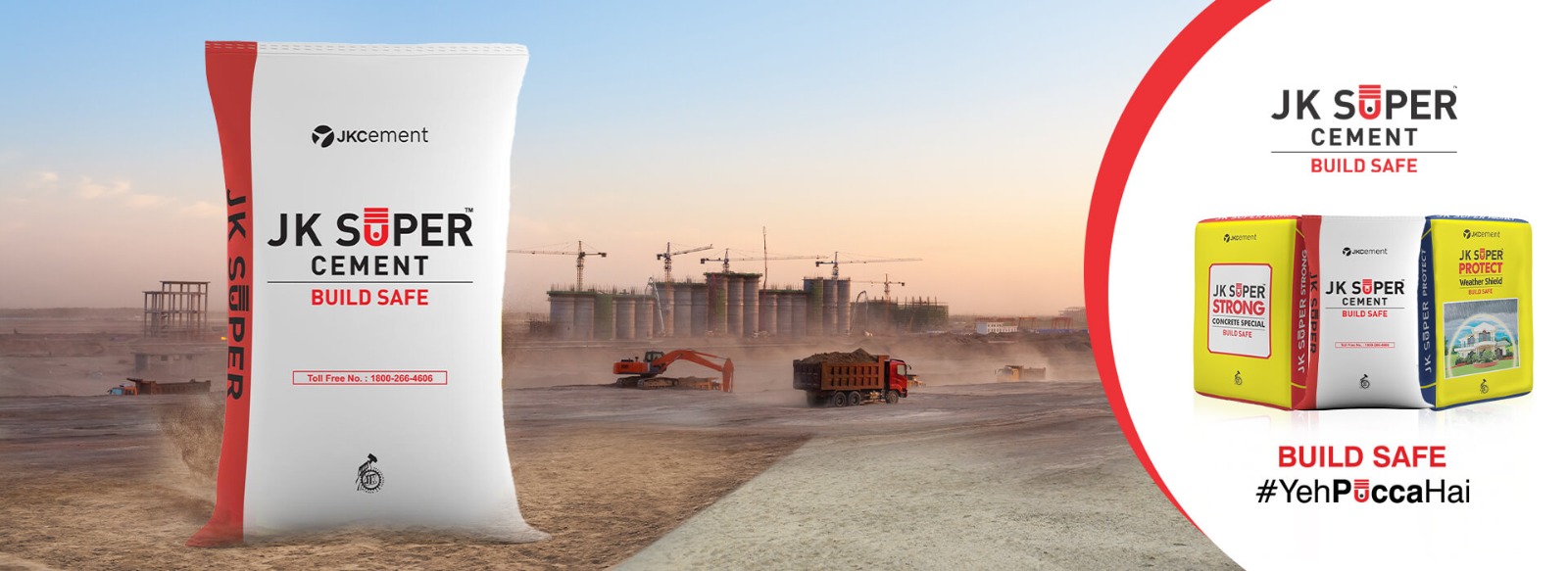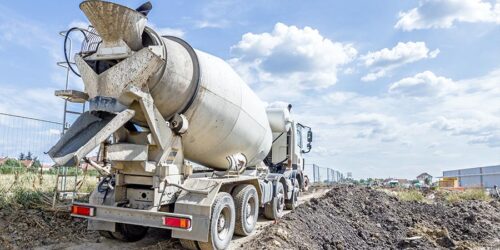DIFFERENCE BETWEEN READY-MIX CONCRETE AND SITE-MIX CONCRETE
Difference Between Ready-Mix Concrete and Site-Mix Concrete
Concrete is the backbone of modern construction, and its quality directly influences the strength and durability of structures. When it comes to concrete, two common methods of preparation are ready-mix concrete and site-mix concrete. Each method has its advantages and drawbacks, catering to different project requirements. Let’s delve into the key differences between these two approaches.
**1. Definition:
- Ready-Mix Concrete: Ready-mix concrete, often abbreviated as RMC, is a type of concrete that is pre-mixed in a batching plant or factory. It is delivered to the construction site in a plastic or unhardened state and is ready for immediate use.
- Site-Mix Concrete: Site-mix concrete, as the name suggests, is mixed on-site at the construction location. Cement, aggregates, water, and additives are combined in the right proportions using mixers or equipment brought to the site.
2. Quality and Consistency:
- Ready-Mix Concrete: RMC is produced in controlled conditions using precise machinery. This results in higher consistency and quality as the mix proportions are accurately maintained, leading to uniform strength and durability.
- Site-Mix Concrete: Quality control in site-mix concrete depends on the skill and experience of on-site workers. Variations in mix proportions and mixing quality can impact the final concrete’s performance.

3. Convenience and Time Efficiency:
- Ready-Mix Concrete: RMC offers significant time savings as it is prepared off-site and directly delivered to the project. This is especially advantageous for large projects where time is of the essence.
- Site-Mix Concrete: Site-mixing can be time-consuming, especially for substantial projects. The process involves setting up mixing equipment, procuring raw materials, and ensuring accurate mixing, all of which can lead to project delays.
4. Cost Considerations:
- Ready-Mix Concrete: While RMC might have a slightly higher initial cost due to transportation and batching plant expenses, it can result in cost savings in the long run due to reduced labor requirements and better quality leading to fewer repairs.
- Site-Mix Concrete: Site-mixing might seem cost-effective initially, but the potential for errors in mixing and the need for skilled labor can increase overall project costs, particularly if rework or repairs are necessary.
5. Project Size and Logistics:
- Ready-Mix Concrete: RMC is ideal for large projects where a substantial amount of concrete is required. It simplifies logistics and reduces the need for storage space for raw materials on-site.
- Site-Mix Concrete: Smaller projects with limited concrete needs might find site-mixing feasible. However, it can become complex for larger projects due to the volume of materials needed and the coordination required.
6. Suitability for Remote Locations:
- Ready-Mix Concrete: RMC is a great option for projects located in remote areas where obtaining quality raw materials and skilled labor might be a challenge. It eliminates the need to set up complex mixing infrastructure on-site.
- Site-Mix Concrete: Site-mixing can be advantageous when transportation of RMC to a remote location is not feasible. However, it requires careful planning and management of raw materials.
7. Environmental Impact:
- Ready-Mix Concrete: RMC plants can be optimized for efficiency, leading to lower energy consumption and reduced emissions. However, transportation of concrete to the site can contribute to carbon footprint.
- Site-Mix Concrete: On-site mixing might involve more wastage and less control over emissions due to variations in equipment and techniques used.
8. Flexibility and Customization:
- Ready-Mix Concrete: RMC can be customized for specific project requirements, but changes might be limited once the mixing process begins at the plant.
- Site-Mix Concrete: Site-mixing allows for more flexibility in adjusting mix proportions based on immediate requirements and unforeseen changes.
In conclusion, the choice between ready-mix concrete and site-mix concrete depends on various factors such as project size, timeline, budget, and location. While ready-mix concrete offers convenience, consistency, and time savings, site-mix concrete provides flexibility and might be more suitable for smaller projects. Ultimately, understanding the specific needs of the project is crucial in making an informed decision regarding the concrete preparation method.


